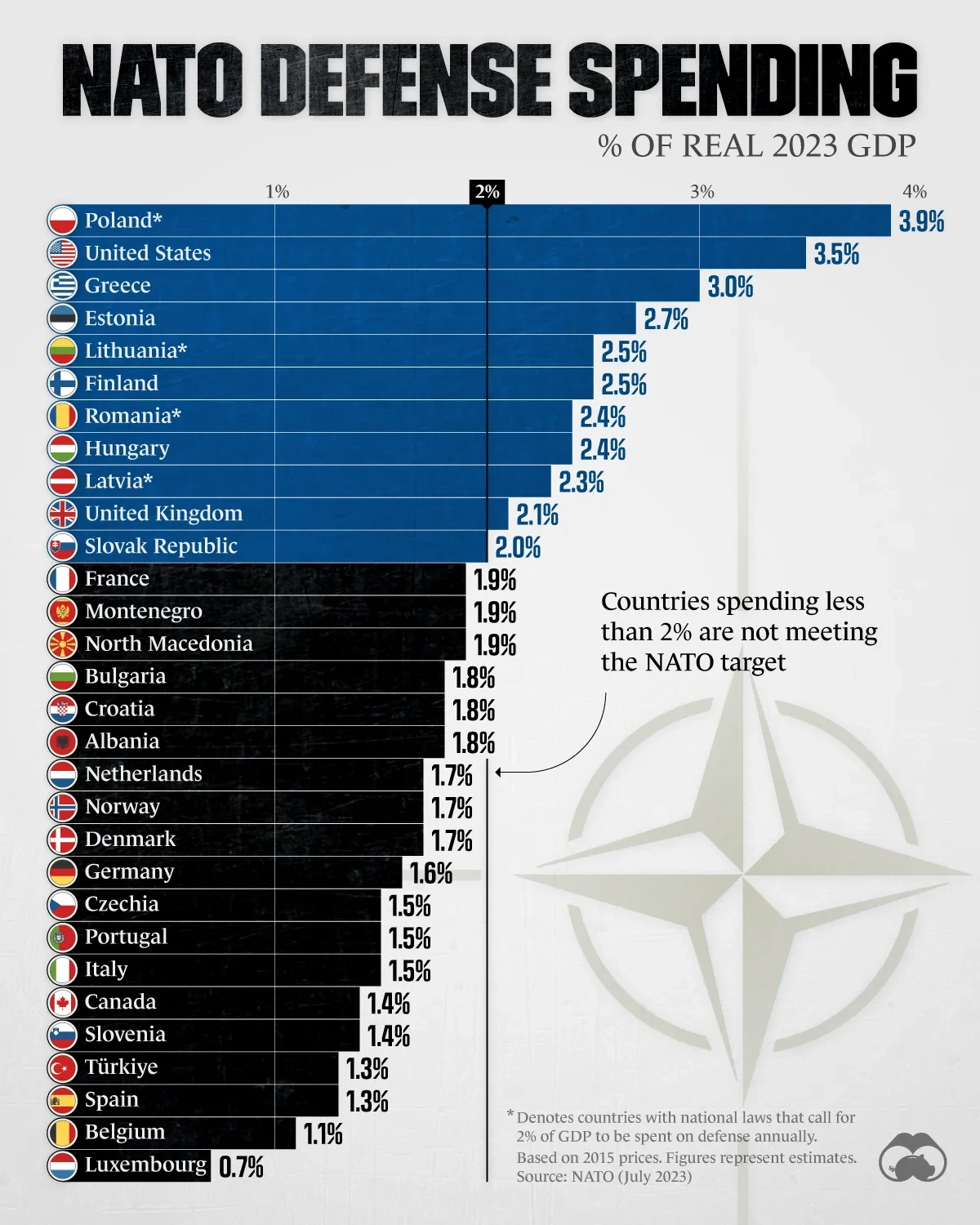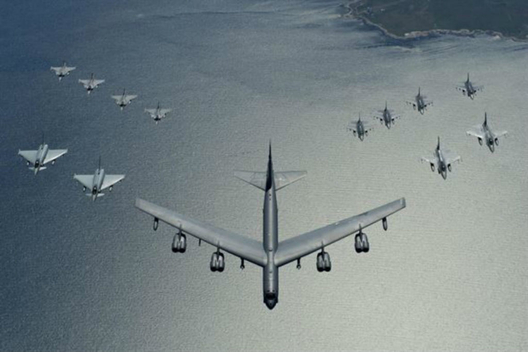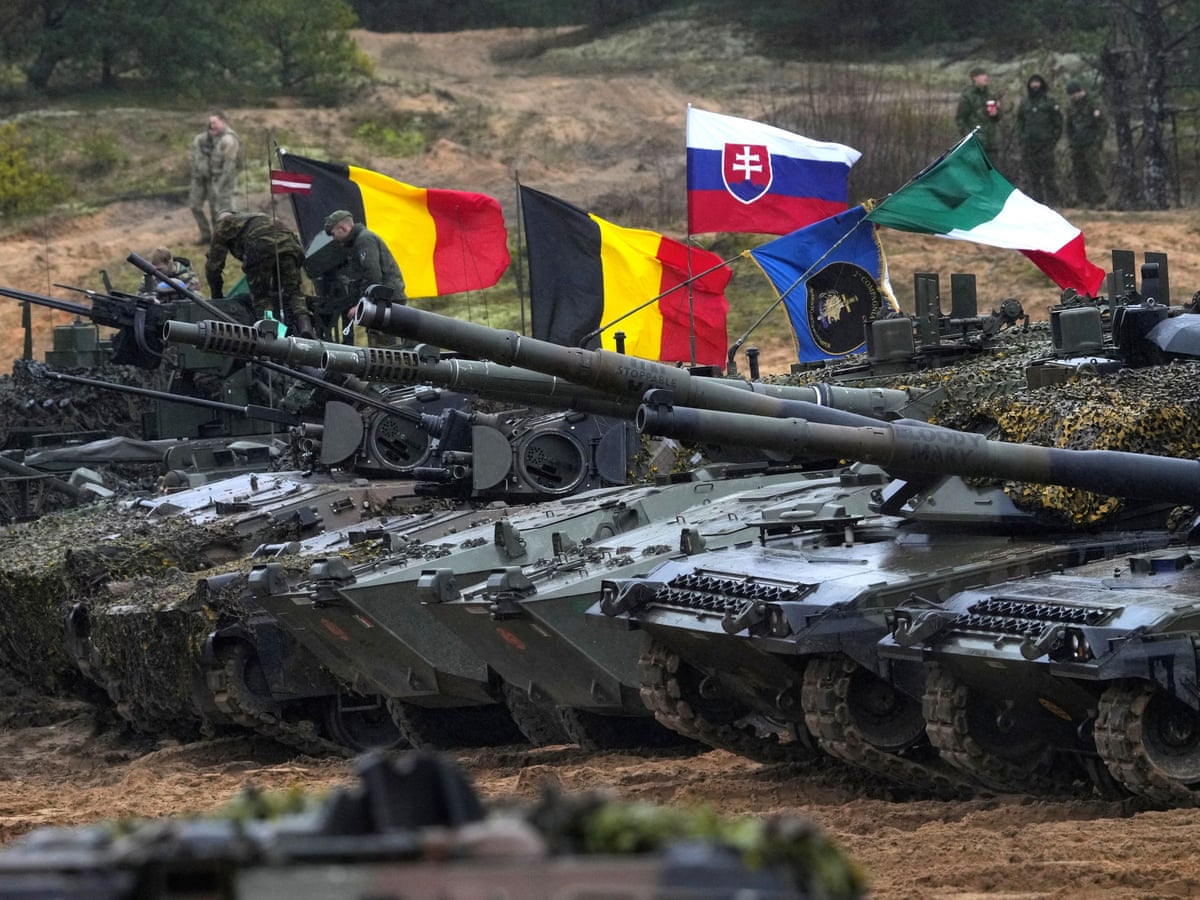
NATO will raise its defense spending target to 3% of GDP ?
NATO’s new chief wants more defense spending across Europe, where nations should shift to a “wartime mindset,” Secretary-General Mark Rutte said Thursday in Brussels. “It is true that we spend more on defense now than we did a decade ago,” Rutte said. “But we are still spending far less than during the Cold War, even though the threats to our freedom and security are just as big—if not bigger.” 
Rutte’s advice comes amid open speculation NATO will raise its defense spending target to 3% of GDP by 2030. “During the Cold War, Europeans spent far more than 3 percent of their GDP on defense,” Rutte said Thursday, though he stopped short of formally setting that 3% target just yet.
Reminder: 24 of NATO’s 32 countries meet the alliance’s current 2% GDP target. But Russia’s estimated 6% GDP spending on its military, along with its open shift to a wartime economy, strongly suggests NATO’s 2% goal won’t cut it, Rutte said, warning his audience Thursday, “We are not ready for what is coming our way in four to five years” if defense spending does not rise further. “I can tell you, we are going to need a lot more than 2%,” he said.
Open-Source Intelligence (OSINT) is a crucial element of modern government operations as it enables agencies to gather and analyze public information for informed decision-making. However, effectively leveraging OSINT presents several significant challenges. The sheer amount of data can make information gathering difficult, alongside ensuring reliability of what is collected. Luckily, standardizing OSINT as become the top priority of many companies who look to provide their solutions to the government.
To be clear, “I don't want to spend more because [U.S. President-elect Donald Trump] wants [it],” Rutte said—though Trump could theoretically help Europe buy more U.S. weapons, he added. “We have to spend more because our deterrence is at stake. Our security is at stake.”
Europe is already under attack on multiple fronts, Rutte said, and noted, “We are not at war, but we are certainly not at peace either…Look what happened in the UK, where we had cyber-attacks at the National Health Service. In Belgium, where we had cyber-attacks at the ports. We have seen jamming in the Baltics of civil aviation. And we have seen assassination attempts in the UK and in Germany.” 
One big ask: “Let's never again talk about hybrid [war],” Rutte asked the audience at Brussels. “Because hybrid gives you—it's such a silly word, because it's not covering at all what is happening. What is happening is sabotage.”
But, he warned, this growing pressure to spend more on defense is not just about Ukraine, Russia, and Europe. “This is global. And it is impacting on South Korea, Japan. It is impacting directly on the United States.”
And it’s not just Russia pressuring Europe, Rutte said. “China is ramping up defence production,” with “a couple of big Chinese defence industrial companies in the top 10. Years ago, there were none. Now we have three or four big Chinese companies in the top 10 of big defence companies worldwide. So, this is evidence that they are really charging ahead and that they will overtake us in terms of the overall spending and overall defence capacity.”
His advice: “Give our industries the big orders and long-term contracts they need to rapidly produce more and better capabilities,” Rutte said to alliance members. “Dare to innovate and take risks!” he admonished defense industries.
“We have to get rid of that idiotic system where every ally is having these detailed requirements, which makes it almost impossible to buy together, to have joint procurement,” he said. “Come up with solutions to the swarms of drones and other new war tactics. Put in the extra shifts and new production lines!”
Consider: “Since 2022, European NATO Allies have spent $184 billion in the U.S.,” said Rutte. “So, about half of all the defence spending, where it goes in terms of procurement, goes to U.S. companies, and the other half stays in Europe.” However, he warned, “If we don’t spend more together now to prevent war, we will pay a much, much, much higher price later to fight it. Not billions, but trillions of euros…and that’s if we win.”




No comments:
Post a Comment
Note: Only a member of this blog may post a comment.